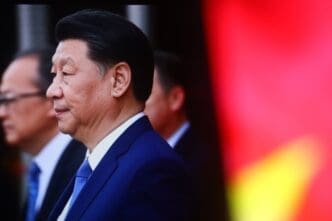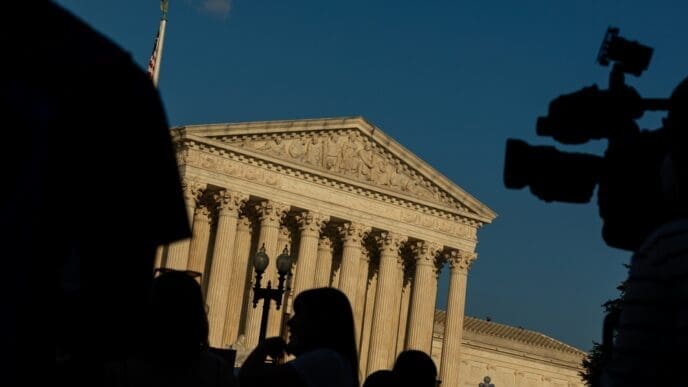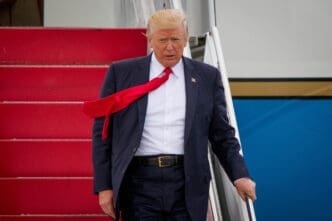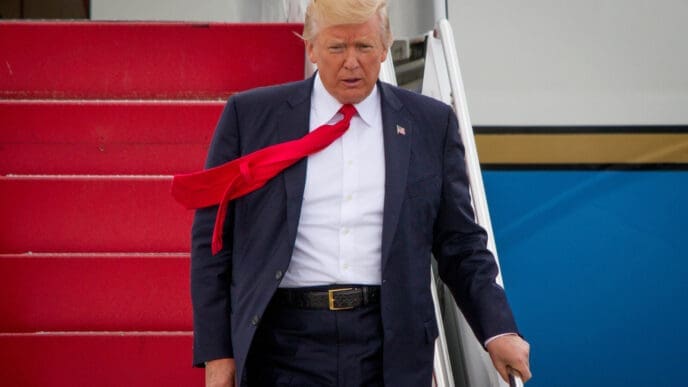Executive Summary
The Story So Far
Why This Matters
Who Thinks What?
President Donald Trump stated Friday that Chinese President Xi Jinping assured him China would not invade Taiwan while Trump is serving as US president. The remarks were made during an interview with Fox News, coming ahead of scheduled talks between Trump and Russian President Vladimir Putin concerning Moscow’s ongoing invasion of Ukraine.
Trump’s Comments on Fox News
During his appearance on Fox News’ “Special Report,” Trump said, “I will tell you, you know, you have a very similar thing with President Xi of China and Taiwan, but I don’t believe there’s any way it’s going to happen as long as I’m here. We’ll see.” He further elaborated that President Xi directly told him, “I will never do it as long as you’re president,” a sentiment Trump noted he appreciated. However, Trump also quoted Xi as adding, “But I am very patient, and China is very patient.”
This statement follows confirmed phone calls between Trump and Xi, including their first acknowledged call of Trump’s second presidential term in June. Trump had also mentioned in April that Xi had called him, though specific details of that earlier call were not provided.
Context of Taiwan Relations
China maintains that Taiwan is its own territory and has consistently vowed to “reunify” with the democratically governed island, indicating a willingness to use force if deemed necessary. Taiwan, however, strongly refutes China’s claims of sovereignty.
On the same Friday, the Chinese Embassy in Washington characterized the issue of Taiwan as “the most important and sensitive issue” in the broader relationship between China and the United States. Embassy spokesperson Liu Pengyu issued a statement urging the U.S. government to adhere to the “one-China principle” and the “three US-China joint communiqués,” advising a prudent approach to Taiwan-related matters to safeguard bilateral relations and stability across the Taiwan Strait.
The United States, while serving as Taiwan’s primary arms supplier and a significant international supporter, does not maintain formal diplomatic ties with the island, a position shared by most nations globally.
Taiwan’s Response
While the Taiwanese government has yet to issue an official response to Trump’s remarks, a senior lawmaker from the ruling Democratic Progressive Party commented on Saturday. Wang Ting-yu, a member of the Taiwan parliament’s defense and foreign affairs committee, expressed gratitude for support from “our major ally.”
However, Wang also emphasized a critical aspect of Taiwan’s security strategy, stating on his Facebook page, “Security cannot rely on the enemy’s promise, nor can it rely solely on the help from friends. Strengthening our own defense capability is fundamental!”
The comments from President Trump highlight the ongoing complexities and sensitivities surrounding the status of Taiwan within the broader geopolitical landscape, particularly concerning U.S.-China relations and regional stability.














